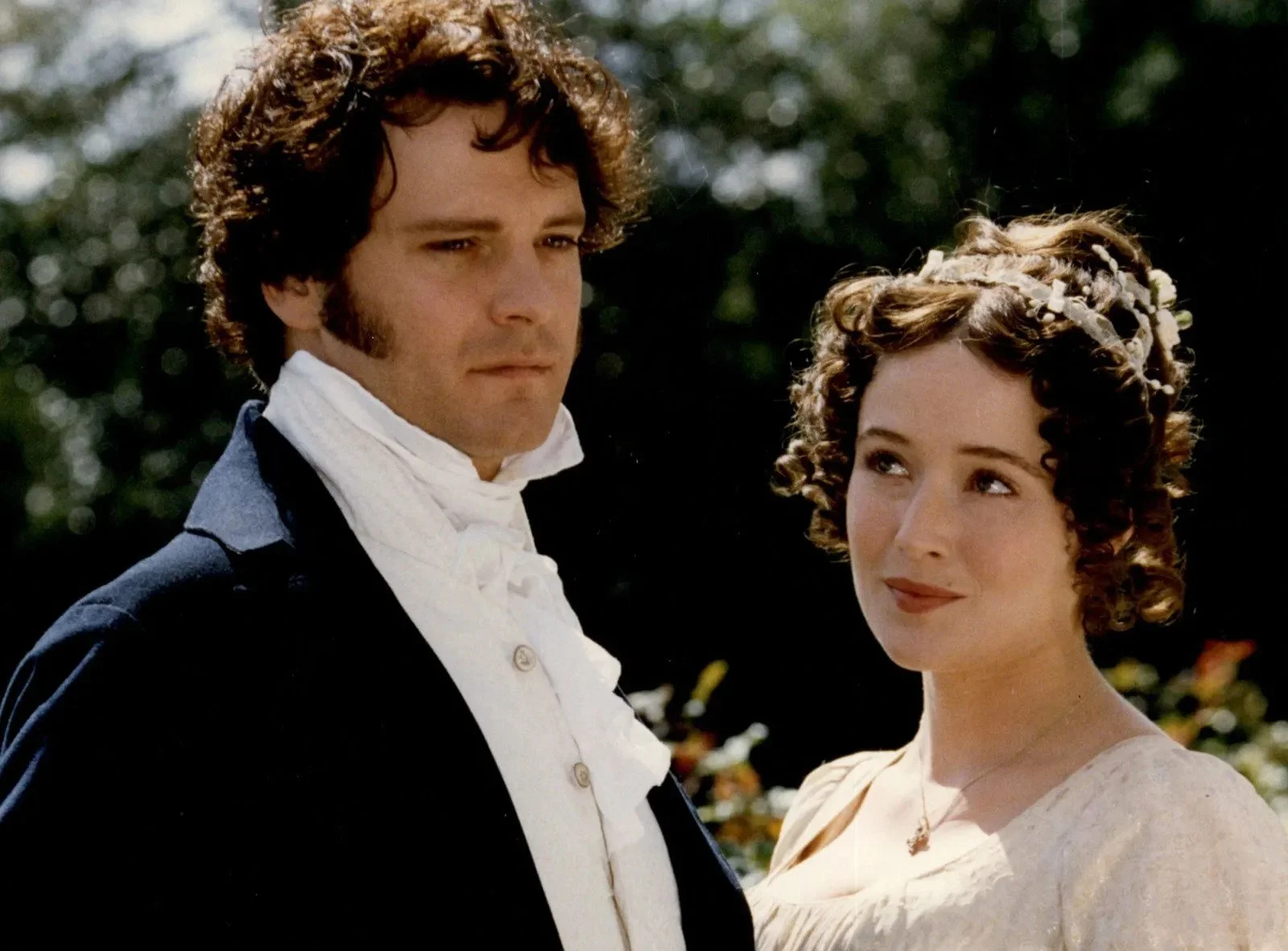The Governor’s Daughter by Parker Williamson
About the Book
Camilla Reyes was raised with all the qualities the United States expects from a Pacific territory: beauty, wealth, and obedience. But when she publicly champions independence for her homeland of Hangua, defying her father—the island's powerful governor—the colony erupts in chaos. To contain the fallout, she is forced into an arranged marriage.
Desperate to escape, she strikes a deal with the last man she'd ever trust: Senator Julian Oz, the sharp-tongued politician who humiliated her on live television. Experienced, ruthless and disciplined—he sees opportunity in her as dangerous attraction ignites between them. Under his tutelage, they go from enemies to lovers and she must become the perfect partner to a man who’s either using her… or falling for her.
This puts her on a collision course with Mari Cruz—her best friend. From friend to lover, now lover to enemy, they shared one kiss too many before Camilla’s engagement to Julian shattered everything. As tensions escalate between the United States and China, the two women who once shared everything now face each other on opposite sides of Hangua's most divisive fight: statehood or independence—a battle that will determine their island's fate.
On Hangua, politics is legacy, love is currency, and betrayal is the price of freedom.
For fans of Enemies to Lovers, Arranged Marriages, Fake Engagements, Sapphic Love, Political Romance and Love Triangles.
Spice Level (out of 5) : 🌶️🌶️🌶️🌶️
Romantic Tropes
Enemies to Lovers
– Camilla and Julian Oz begin with political hostility; their relationship evolves from public conflict to private passion.Arranged Marriage / Strategic Engagement
– Camilla is set to marry Theodore Washington to serve geopolitical interests; she subverts this by choosing Julian in a politically advantageous engagement.Fake Relationship That Turns Real
– Camilla and Julian begin their engagement as a power play. Emotional and sexual intimacy eventually deepen into genuine affection, if not love.Love Triangle
– Between Camilla, Julian, and Mari Cruz. Camilla’s emotional history with Mari add a complex sapphic dimension to the triangle.Sapphic Undercurrent / Queer Longing
– Camilla and Mari's bond evolves into a romantic/sexual encounter that lingers emotionally. Mari remains wounded and emotionally exiled by Camilla’s pivot toward Julian.Forbidden Love / Political Repercussions
– Camilla’s romantic choices—both with Mari and Julian—are inextricably tied to political optics and risk.
Political & Thematic Tropes
Colonial Daughter vs. Imperial Father
– Camilla rebels against her father Emilio Reyes, Hangua's Governor, triggering public and private fallout.Politics as Theater / Marriage as Diplomacy
– Political maneuvering is staged like drama: arranged weddings, press-managed speeches, performative authenticity.The Revolutionary Heiress
– Camilla is an elite-turned-activist who weaponizes her lineage to challenge the very system that raised her.The Charismatic Strategist
– Julian Oz is a master manipulator and political tactician, combining idealism with ruthless pragmatism.Best Friend Turned Rival
– Mari Cruz starts as Camilla’s ride-or-die ally and ends up her ideological and emotional enemy.The Island as Battleground
– Hangua represents a microcosm of U.S.-China imperial rivalry, and characters' personal lives mirror these macro conflicts.Rebellion of the Crowned Daughter
– Camilla’s public break from her father’s political vision mirrors a larger rebellion against imposed identity.
Character & Narrative Tropes
The Media Manipulator
– Rafi Mendoza, the journalist, uses press power to shift public narratives. His arc critiques both media ethics and truth’s malleability.The Tragic Aristocrat
– Theodore Washington IV embodies nobility without agency. Groomed for legacy, he’s quietly devastated by irrelevance.The Unchosen Hero
– Some characters walks away not as a loser but as a mourned figure who stood for principle over power.The Political Bride
– Camilla’s body and choices are politicized; marriage becomes an act of governance.Female Legacy vs. Personal Agency
– Camilla struggles between fulfilling her father’s generational ambition and forging her own destiny.
Stylistic & Structural Tropes
Multiple POVs
– The story alternates perspectives: Camilla, Julian, Mari, Rafi, and even Theodore get narrative interiority.Speech as Warfare
– Debates, campaign events, and interviews are structured like duels—strategic and emotionally fraught.Tactical Erotica / Seduction as Strategy
– Sexual intimacy often parallels or facilitates political alignment, especially with Julian.Legacy vs. Choice
– The core thematic dichotomy—every main character wrestles with inherited roles vs. chosen paths.
Details
Author : Parker Williamson
Subtitle: A Spicy Enemy-to-Lovers Romance
Genre : Contemporary Romance, Political Thriller, Upmarket Fiction, Book Club, Adult
Format : e-book & paperback
Price : $4.99 (e-book)
ISBN 979-8-9928-6830-2 (E-book)
ISBN 979-8-9997-2020-7 (Paperback)
ASIN: B0FF51SNXZ
Published by Dominion Publishing
Copyright © 2025 by Parker Williamson
Product details
Publication date : August 30, 2025
Edition : 1st
Language : English
File size : 4113 KB
Print length : 343 pages
Book 1 of The Han’gua Chronicles
Reader Extras
Frequently Asked Questions About The Governor’s Daughter
By Parker Williamson
A novel about the kind of love that ruins empires—and the kind that survives them.
Who is the love interest in this book? Is there a love triangle?
There is a triangle—but not the kind you’re used to.
Camilla Reyes is caught between two lovers. One is Senator Julian Oz, her political rival turned arranged fiancé. The other is Mari Cruz, her childhood best friend, the girl who once kissed her under the weight of unspoken feelings. Camilla’s heart, body, and future are divided between the man who can teach her to survive and the woman who made her feel seen before the world even knew her name.
But this isn’t just about who Camilla loves. It’s about who she chooses to become.
Is this book actually a romance or is it more of a political drama?
It’s both, deliberately and unapologetically.
The Governor’s Daughter is a political romance where the intimacy is inseparable from the ideology. Every kiss, every betrayal, every whispered promise happens in the shadow of legacy and empire. The romance isn't escapism—it’s the battlefield. Power and desire evolve together.
Does the book have open-door intimacy?
Yes. The romance is deeply sensual and physically explicit. The scenes between Camilla and Julian are layered with emotional stakes, dominance, vulnerability, and political subtext. These aren’t sex scenes for shock value—they reveal character, shift power, and deepen intimacy.
There’s also quiet but potent sapphic tension between Camilla and Mari. While not as physically detailed, their emotional connection is fierce, tender, and heartbreakingly real.
What romance tropes are in this book?
Readers can expect a mix of classic tropes reimagined for modern, political storytelling. These include:
Enemies to lovers
Arranged marriage
Fake engagement turned too real
Best friends to lovers (sapphic)
Forbidden love
Morally gray power couple
Political betrayal
Public scandal as romantic catalyst
This is a book where every trope has consequences.
Is Camilla Reyes a heroine I’ll root for?
Camilla is not always likable—but she’s unforgettable.
She begins as a symbol of beauty and obedience in a U.S. colony, and gradually becomes a political force in her own right. Her choices are messy, emotional, and often controversial. But she owns them. She fights for her voice, for her island, and for a love that isn’t simple.
If you want a heroine who grows, stumbles, and becomes dangerous in her own skin, Camilla will stay with you.
How queer is this book?
Very. Queerness is not a subplot or side character—it’s central to the emotional architecture of the story. Camilla and Mari’s past isn’t just flirtation; it’s a ghost that haunts every scene they share. Their kiss, their near-engagement, their silence afterward—it’s raw and unresolved.
The book treats sapphic love with full narrative weight and emotional realism. Mari is not an afterthought. She is a reckoning.
Is this book emotionally devastating?
Yes. And purposefully so.
Readers have compared it to The Seven Husbands of Evelyn Hugo or Normal People in terms of heartbreak. The Governor’s Daughter is full of longing, betrayal, complicated apologies, and characters who can’t always say what they mean until it’s too late.
There are moments that will make you ache—for Mari’s silence, for Camilla’s loneliness, for the choices none of them wanted to make but had to.
Do Julian and Camilla actually fall in love?
They fall into something real, but whether it’s love—or strategy that looks like love—is a question the book keeps asking.
Their relationship begins in manipulation and evolves through shared purpose. Julian teaches Camilla how to survive politics. Camilla teaches him how to believe in something more than power. Their chemistry is undeniable. Their emotional intimacy grows—but whether it’s romantic destiny or a long con with genuine feeling is part of what makes the novel so layered.
What matters more than whether they love each other is whether they choose each other when it matters.
Does Mari get justice?
Mari gets something rarer than revenge—honesty.
She doesn’t win the love story, but she wins the truth. She walks away with clarity, dignity, and room to heal. Her arc isn’t centered around Camilla; it’s centered around her own rediscovery of purpose. She’s more than the girl left behind—she’s the girl who decides her own ending.
What kind of romance reader is this book for?
The Governor’s Daughter is for readers who want romance with teeth. If you’re drawn to morally complicated love stories, emotional catharsis, and heroines who aren’t here to be palatable, this book is for you.
It’s for fans of:
Complex political dynamics between lovers
Betrayal with consequences
Power couples who start with nothing but shared ambition
Sapphic heartbreak that isn’t erased by a straight romance
Intimacy that isn’t just about sex, but power, healing, and identity
This is not a fantasy of love saving the world. This is a story about how love reshapes it—and sometimes breaks it.
Is there a happy ending?
There is resolution. There is a wedding. There is unity. But whether it feels “happy” depends on which love story you were rooting for.
The Governor’s Daughter doesn’t promise a fairy tale. It delivers something more honest: the hard-won peace that follows emotional war.
About the Author
Parker Williamson writes about freedom, beauty, truth and love. A traveler of the world, he has been called a friend to paupers and princes alike. Parker passions include theatre, athletics, film, video games and of course writing.




